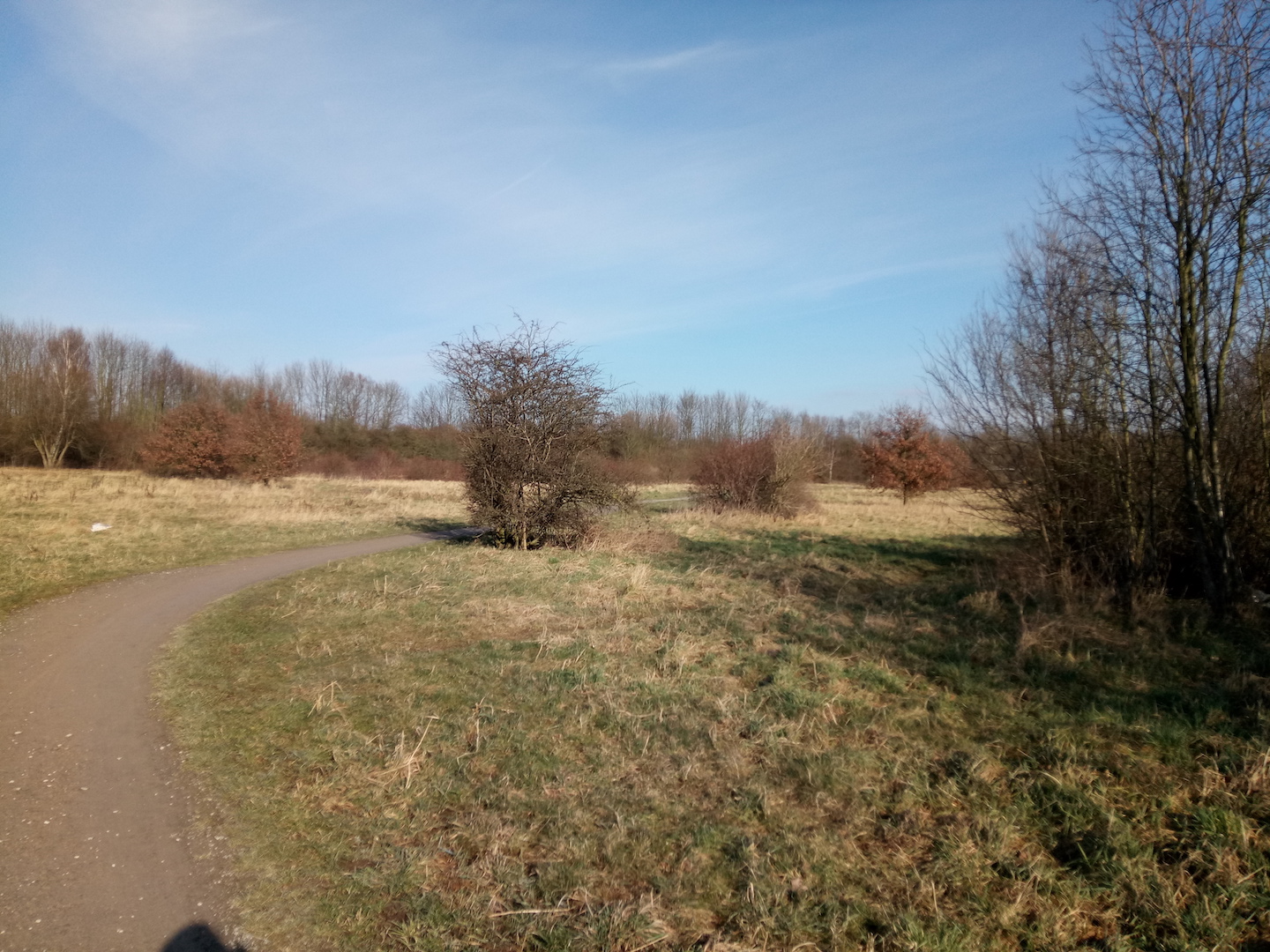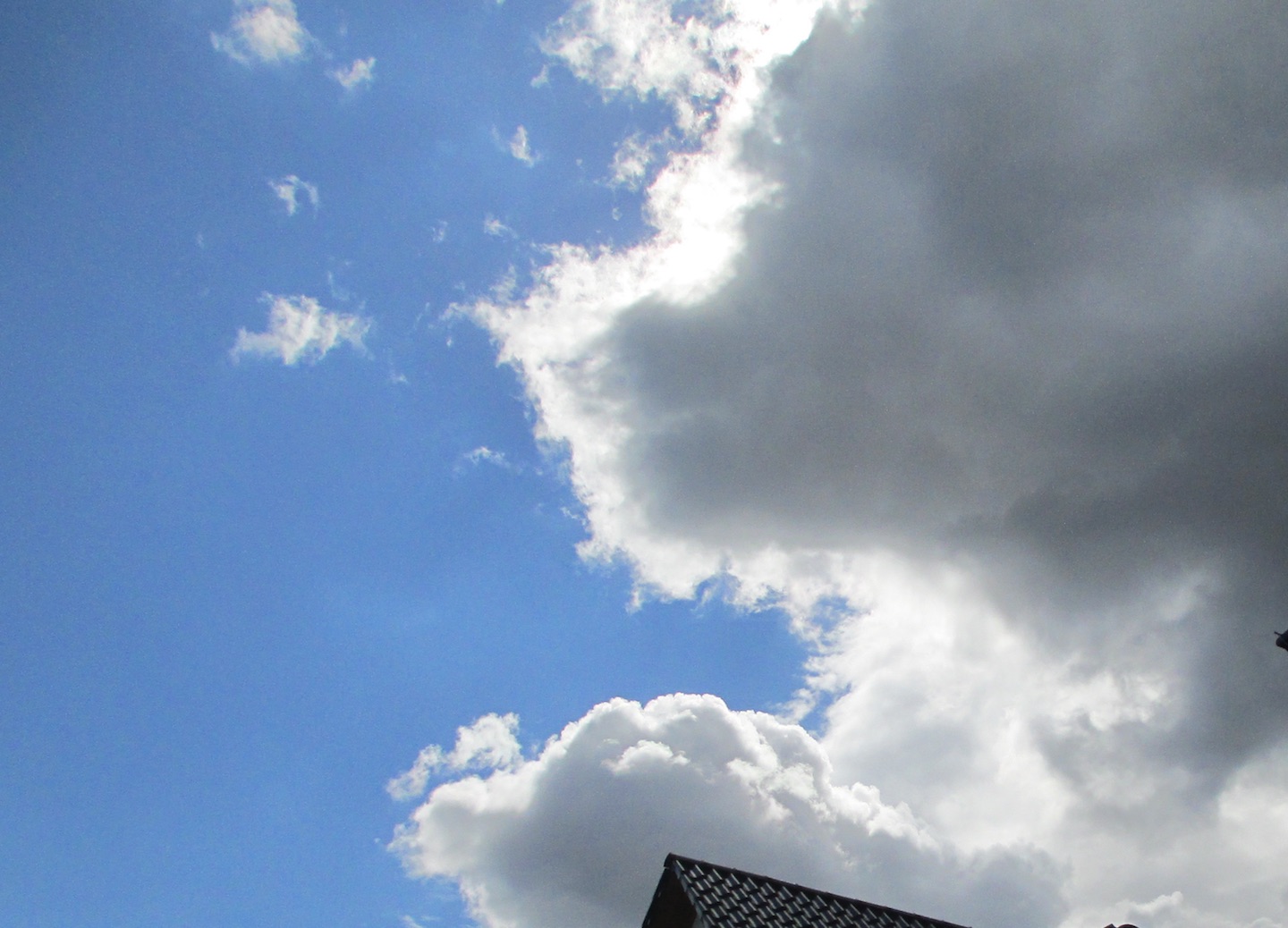There is a theatre play “Waiting for Godot” and that is how the current situation feels – only with the difference that we wait for the old normal. While we wait for shops, restaurants, bars, factories, gyms, swimming pools and so many others to reopen we dream of the things that we wish to do again: go on holiday, have our favourite food at table in our restaurant, go to the pools, have that missed birthday party with lots of our friends present, go to work, have these little chitchats with our colleagues, having fun at the beach, the playing fields and events to name just a few. By Sabine Slaughter
Our memory of things is still fresh, very fresh of all those things and all we want is to return to the situation that used to be... Used to be is the clue here. We got thrown into a situation that is extraordinary and though it seemed suddenly, like from one minute to the next, came about slowly and gave people in most regions time to prepare. Only governments, even doctors and others did not fully heed the warning signs as nothing in the recent past had prepared them for it. And yes, could it have been predicted after the early reports out of China? Yes, it could in a sense, and then not, as some of the regions, some of the countries were not on the immediate list of being affected so much. Regions that traditionally are destined for holiday makers at various times of the year, regions with low healthcare indexes and just about the whole globe, taking many countries at once. And indeed, from one minute to the next we found ourselves in dire situations with outbreaks all around us.
Is this the price that we pay for globalisation? For unlimited travel to wherever we want, whenever we want? Business or privately motivated? For optimising our supply chains that due to economic developments look first and foremost for price and whose delivery is carefully destined so that most goods arrive just-in-time. Sure, especially bigger corporations and companies might have more than one provider for everything required. And in these price-driven business environments we totally forgot that globalisation also meant that much of the so-called “developed countries” as well as so-called “Western countries” heavily rely on supply chains and parts that lead through not so developed regions, lead through affected pandemic areas and therefore were endangered and suffered lockdowns earlier than others thus disrupting supply chains.
And yes, true, the medical industry has shifted a lot of work to Asia, namely China, whose early lockdown – and we have to admit that this was a reasonable measure considering the circumstances – affected supply chains across the globe. Especially as more and more countries, regions went into lockdown thus resulting in local procurement. However in most cases those local supply chains have not been present and one has to admit that it is not easy to stomp fabrication of necessary goods out of the ground on short notice. While we were and are “stuck” at home, were restricted in our abilities to act and react, a lot changed. Local or regional procurement was and is required. Here especially the packaging and chemical industry reacted fast and moved their production towards what is and was required: medical supplies including PPE, disinfectants and so much more. We do not want to list all those companies having changed and amended their production lines here in order to provide goods that are required.
While we were and are “stuck” at home, were restricted in our abilities to act and react, a lot changed. Local or regional procurement was and is required. Here especially the packaging and chemical industry reacted fast and moved their production towards what is and was required: medical supplies including PPE, disinfectants and so much more. We do not want to list all those companies having changed and amended their production lines here in order to provide goods that are required.
One industry, that still is in its cradle state, however, made the biggest difference: Additive Manufacturing. Suppliers of devices, their customers, companies that already have AM abilities, but also private users got and still get together and locally fabricate much needed supplies, especially for the medical sector. The – for other industries unusual collaboration and cooperation - that even before these challenging times enabled working groups and exchange of all kinds of scientific and technical achievements, got even closer and better. Scientists of all areas, AM printers, suppliers and manufacturers get and got together, exchange blueprints, templates, and within a short time frame managed to at least reduce some of the impacts of lockdowns around the world by printing required goods locally. We have enough examples on our website, from ventilator splits to conversion kits, test kits, face shields, and masks to name just a few. One can say that AM has been thrown into cold water and managed to swim in a very short time thus demonstrating its future potential as a serious alternative to traditional technologies.
All of the above however, requires us to look differently at everything – from private life to work life, to production and procurement. Everything should be put to the test, considering the old normal and more over the future. This starts with our private life or interaction with others, our workflows, our work, our plans, our future and also our wishes.
Covid-19 is here to stay for some unforeseeable future – and until we have a valid treatment and vaccine we will have an up and down of different physical distancing measures, various forms of lockdowns, shutdowns and local, regional, country, state and global reactions to any hot spots that arise. The world has been given a challenge. It is an exciting challenge and moreover an exciting point in our lives. We get the chance to reboot the whole system, our way of life and work. How we emerge out of this challenge will be for us to decide and build. Clear is that the old normal will never return. In fact we are already living in the new normal, even if we have not realised it yet. And while our minds and memories are still waiting for Godot, our values and norms have taken the impact of the reboot and changed. It is for us now to shape the future, shape our lives, shape our work and environments. Like a little child we can explore, experience and dream up a future and realise it. A once in a lifetime opportunity has been handed to us that not many generations have.
The world has been given a challenge. It is an exciting challenge and moreover an exciting point in our lives. We get the chance to reboot the whole system, our way of life and work. How we emerge out of this challenge will be for us to decide and build. Clear is that the old normal will never return. In fact we are already living in the new normal, even if we have not realised it yet. And while our minds and memories are still waiting for Godot, our values and norms have taken the impact of the reboot and changed. It is for us now to shape the future, shape our lives, shape our work and environments. Like a little child we can explore, experience and dream up a future and realise it. A once in a lifetime opportunity has been handed to us that not many generations have.
Exciting times, aren’t they?

 Deutsch (Germany)
Deutsch (Germany)  Polski (PL)
Polski (PL) 










